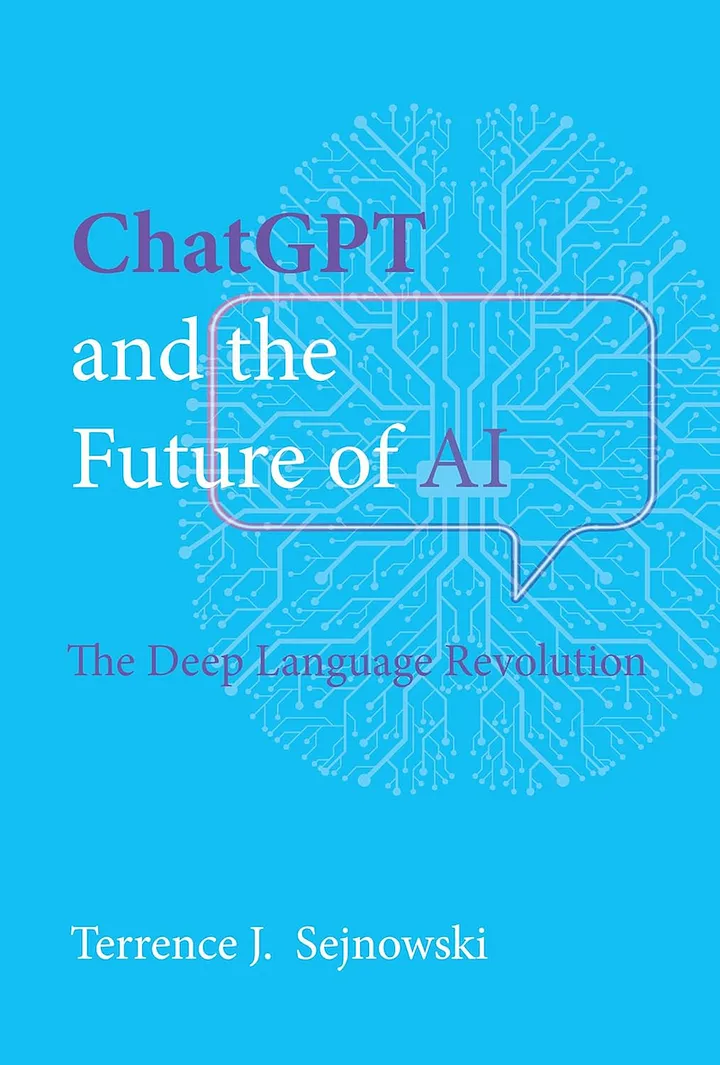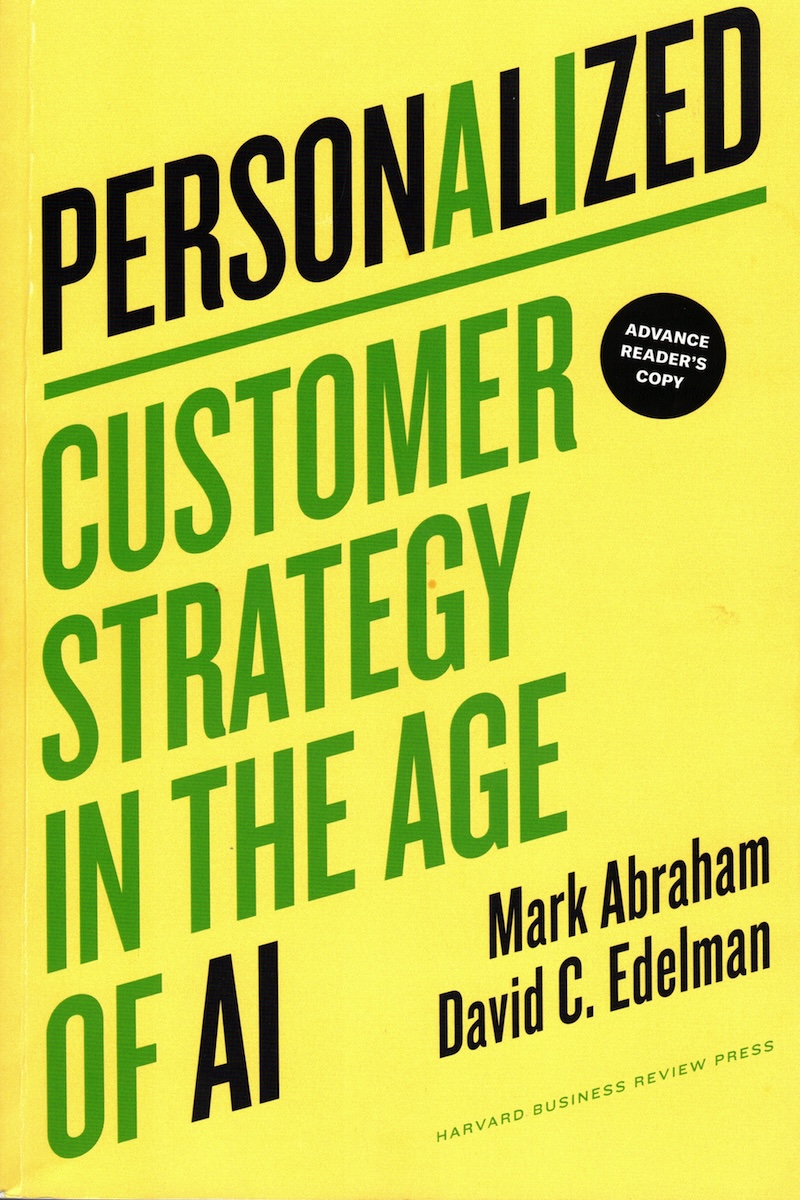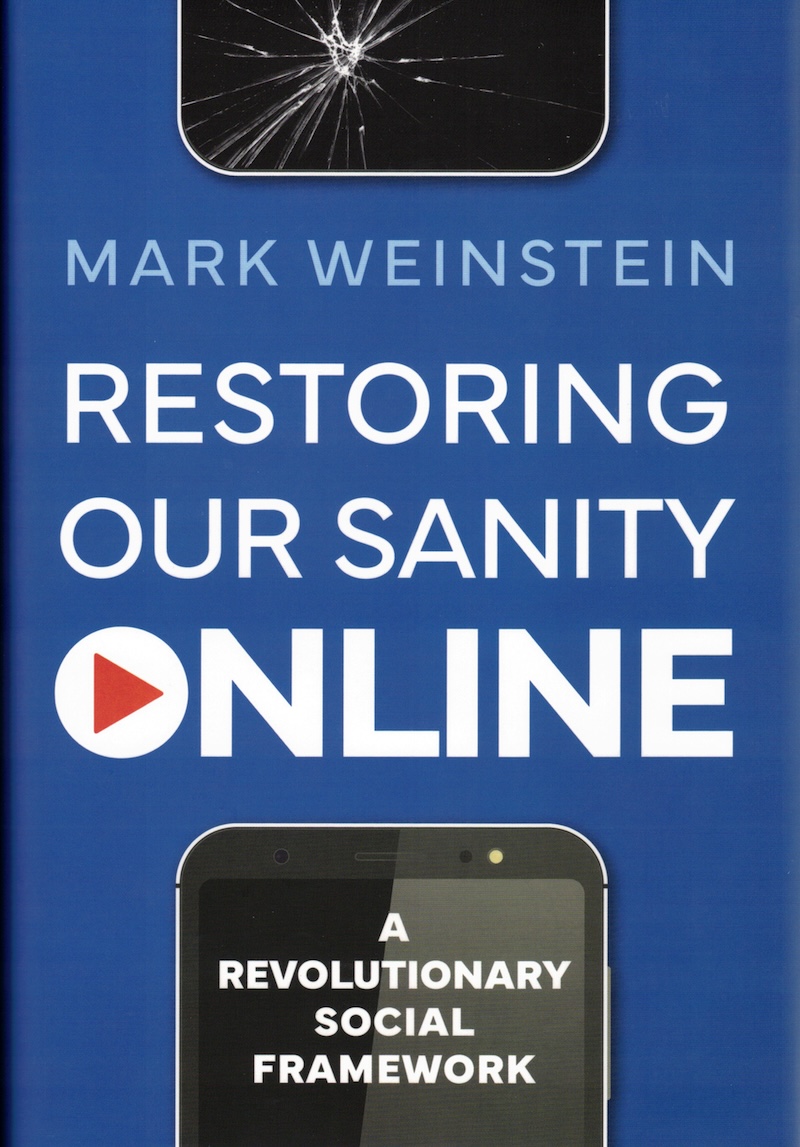Book Brief: ChatGPT and the Future of AI
“ChatGPT and the Future of AI” by Terry Sejnowski is an insightful book that delves into Large Language Models (LLMs) – what they are, how they work, and their potential impact on our future.
The book is structured into three parts:
1. Living with Large Language Models: An introduction to AI technologies including ChatGPT (Chapters 1–5)
2. Transformers: Exploring the origins, workings, capabilities, and potential threats of LLMs (Chapters 6–10)
3. Back to the Future: Discussing the future of AI and its potential benefits (Chapters 11–14)
Sejnowski adeptly balances technical depth with clear explanations, occasionally seeking ChatGPT’s help to simplify complex concepts. His engaging writing style and use of stories make the content accessible and enjoyable.
The one area that was distracting to me, personally, was the philosophical differences I have with the author. Like many scientists, the author holds to the concept of macro-evolution and the miracle of millions of random changes combined with natural selection producing the amazing human being (and especially the human brain) that we have today. As a Bible-believing Christian, there were many times when I was struck by the author’s blindness to the work of the Creator. As I read in the final chapter two sentences separated by a few pages (“We do not understand how biology started, nor do we have a deep understanding of how cells work, let alone brains.” and “We have invented computational tools that can reveal the language of life, a great surprise; these same AI tools have revealed how life emerges from language, a shocking discovery.”), I simply wanted to point the author to the first chapter of Genesis where God spoke everything into existence — life emerging from language indeed!
While acknowledging the challenges of predicting the future in a rapidly evolving field, the book offers valuable insights for those looking to grasp the nuances of AI. Whether you’re tech-savvy or a newcomer, “ChatGPT and the Future of AI” provides practical value and is a highly recommended read, even if you have philosophical differences with the author.
Book Brief: ChatGPT and the Future of AI Read More »







